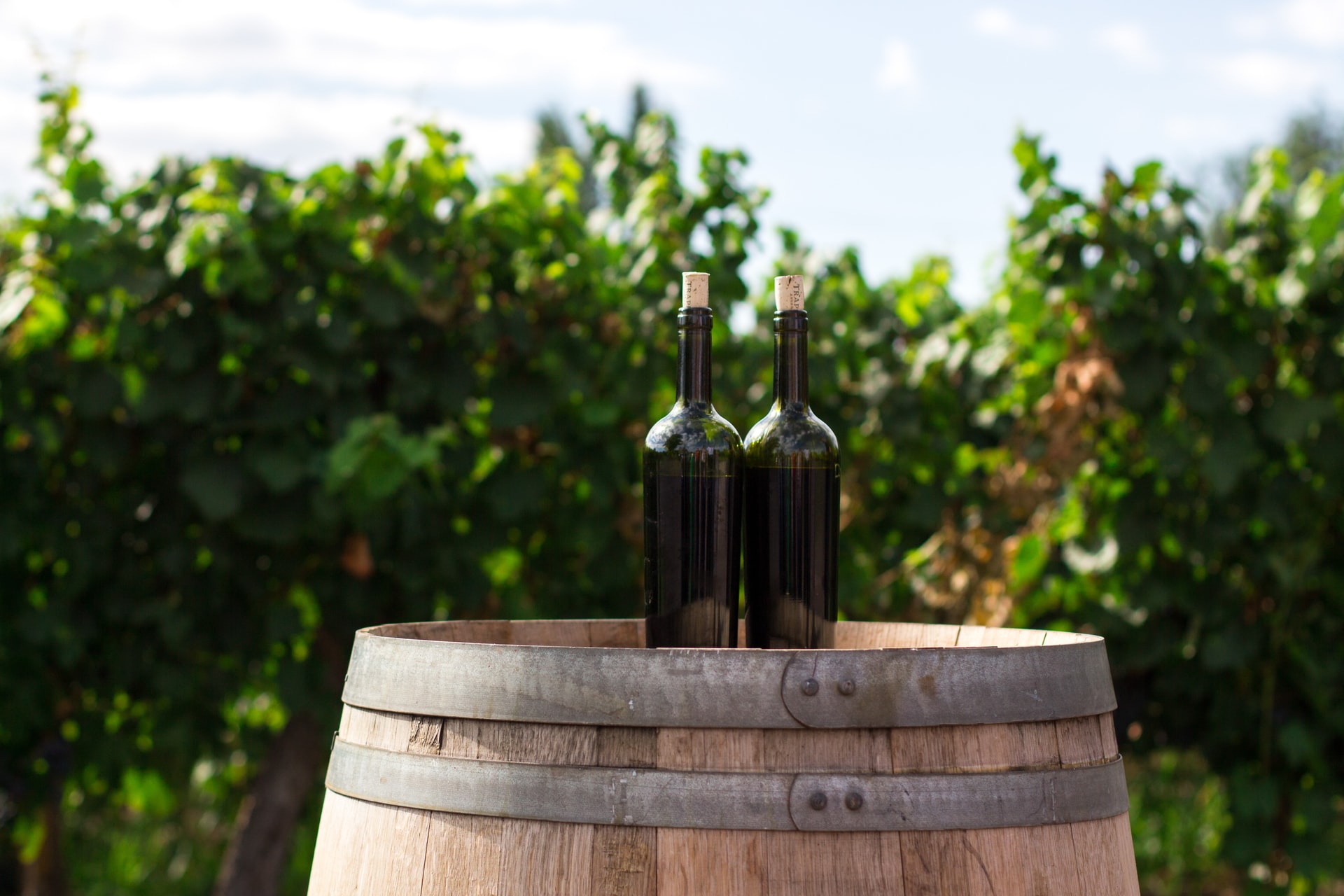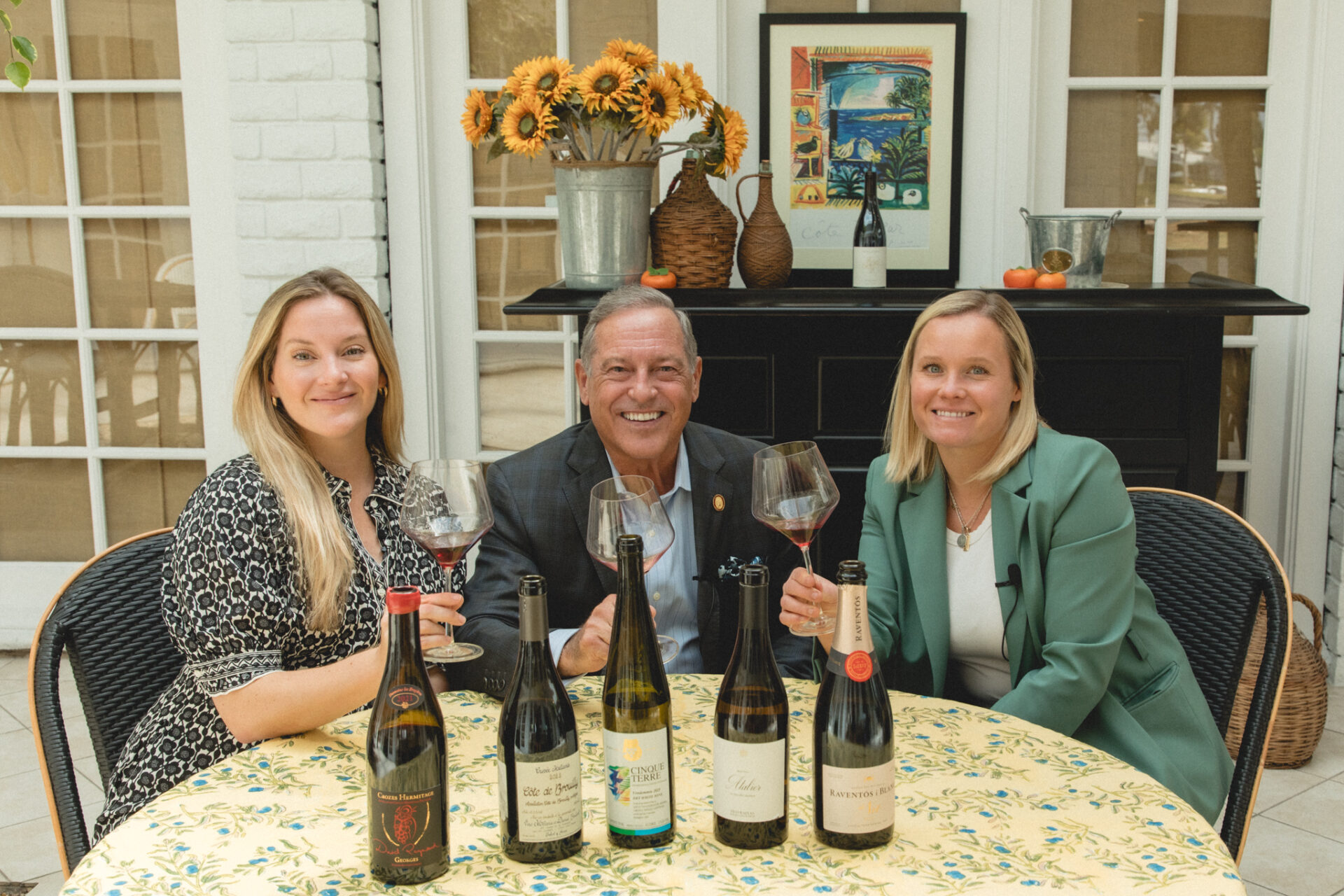Q: What makes a wine natural?
A: Let’s begin answering this question by mentioning that there is no universally accepted definition of natural wine. The term is much like an ambiguous umbrella with various styles of ‘natural wine’ produced underneath.
While the term may be trendy, the general practices are actually quite ancient, and many natural winemakers reject modern interventions focusing on traditional winemaking. The ultimate goal is producing a wine with the fewest possible manipulations and the overall aim of ‘nothing added, nothing removed.’ You may also hear this referred to as low-intervention winemaking.
The widespread guidelines for natural winemaking include fermentation by ambient or ‘wild’ yeast (not cultured); hand harvesting; minimal to no SO2 (sulfur dioxide) added – if added, often only at bottling to help prevent oxidation; and organic, sustainable, or biodynamically-grown grapes and viticulture.
The reason I refer to natural wine as being an ambiguous umbrella is because the category is super broad. These wines can be cloudy or hazy by retaining sediment from forgoing filtration and clarification with immediate bottling. They can also be completely clear if the winemaker takes the time for that sediment to settle before bottling, allowing any cloudy bits to fall to the bottom. Each natural wine is as unique as its terroir and fermentation techniques.
Also, natural wines aren’t necessarily better or healthier than conventional wine. Science has not proven that sulfites correlate with hangovers, so there’s no proof that natural wine prevents that impending headache and feeling of ‘crumminess’. However, much like honey vs processed sugar packets, with reasonable consumption you may simply feel better. Especially since they are expected to have little to no additives.
Merely keep in mind that any winery can technically claim their wines as ‘natural’ because there is no certifying body for natural winemaking. With that said, we always suggest doing your due diligence on learning about (by looking up) a producer’s farming and winemaking practices before purchasing. Find a producer, distributor, or importer you trust!
Nonetheless, here are a few of our favorite “low-intervention” wines:




